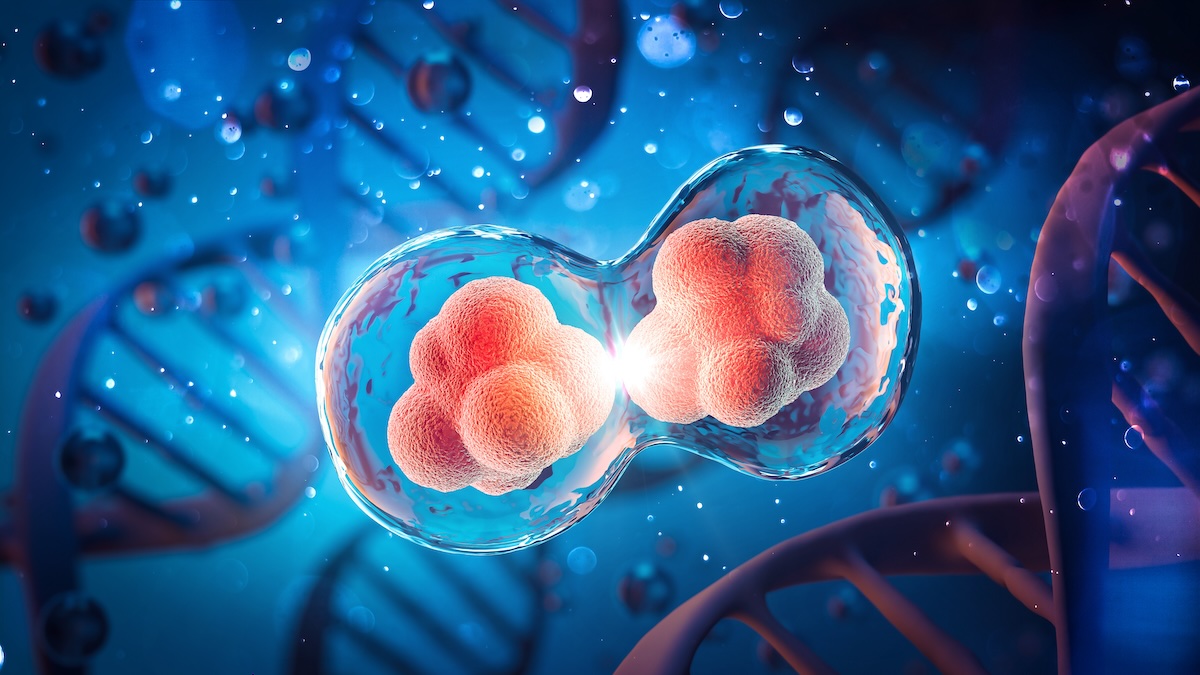The article New AI tool detects diseases before symptoms appear first appeared in the online magazine BASIC thinking. With our newsletter UPDATE you can start the day well informed every morning.

Researchers have developed a new AI tool called DOLPHIN that is supposed to be able to detect diseases before the first symptoms appear. This would allow doctors to initiate treatments earlier and in a more targeted manner.
The so-called single-cell RNA sequencing (scRNA-seq) has changed medicine forever. This allows the molecular states of every single cell in the body to be viewed. Classic analysis methods, on the other hand, are far too simple.
They just count genes, like counting books in a library. A lot of information was lost. However, these are extremely important, especially when it comes to cancer or other complex diseases. So-called alternative splicing could not be correctly identified using traditional analysis methods.
But this splicing is extremely important because it ensures that a single gene can build hundreds of different proteins. A new AI tool called DOLPHIN is now doing away with the previous restrictions.
AI detects diseases before they really break out
The DOLPHIN system could permanently change medicine. The method uses artificial intelligence to no longer display the cell’s information as a simple tally list, but as a complex graphic structure. A kind of road network is created for each gene.
This complex network is then evaluated by a Variational Graph Autoencoder (VGAE), which creates a super-detailed map of each cell. DOLPHIN not only deals with the existing, often incomplete data, but also actively seeks help.
The system identifies cells that behave similarly and aggregates their data to amplify signals. This can be a real advantage, especially with modern sequencing methods, where the data is often very sparse.
Cancer detection
The results appear impressive, because DOLPHIN is clearly far superior to traditional methods. The system is not only much better at separating cell populations cleanly from each other (this is important for finding rare immune cells, for example). Above all, the new method finds biologically relevant markers that were previously lost in the noise.
This is particularly promising for cancer research. For example, DOLPHIN can identify subtle differences in pancreatic cancer cell (PDAC) data that were invisible to the old gene-counting methods. These new markers are essential. Not only do they provide new insights into disease mechanisms, but they could also lead to better diagnostic markers and new therapeutic targets.
Also interesting:
- Direct translations in WhatsApp: Everything you need to know
- Electricity through steps: The future of sustainable energy?
- How do lithium-ion batteries actually work?
- Electric car: What happens if the battery is empty?
The post New AI tool detects diseases before symptoms appear first appeared on BASIC thinking. Follow us too Google News and Flipboard or subscribe to our newsletter UPDATE.
As a Tech Industry expert, I believe that the development of AI tools that can detect diseases before symptoms appear is a significant advancement in the healthcare industry. This technology has the potential to revolutionize healthcare by enabling early detection and intervention, which can greatly improve patient outcomes and reduce healthcare costs.
By using machine learning algorithms to analyze vast amounts of data, these AI tools can identify patterns and markers that indicate the presence of a disease even before any symptoms are present. This early detection can lead to more effective treatment strategies and potentially even prevent the progression of the disease altogether.
However, it is important to consider the ethical implications of using AI tools for disease detection. Issues such as patient privacy, data security, and potential biases in the algorithms must be carefully addressed to ensure that these tools are used responsibly and ethically.
Overall, I believe that the development of AI tools for early disease detection is a promising advancement that has the potential to greatly improve healthcare outcomes and save lives. It will be important for healthcare professionals, tech companies, and policymakers to work together to ensure that these tools are used effectively and ethically for the benefit of patients worldwide.
Credits